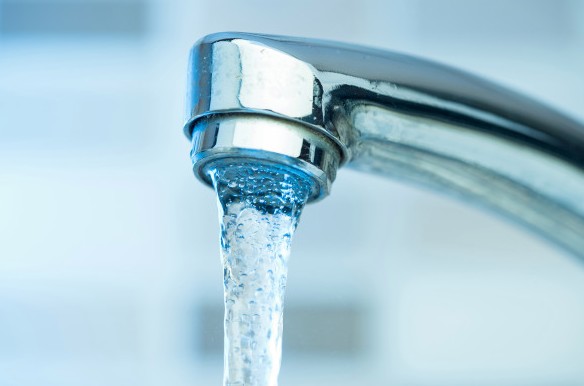Bhubaneswar: Do you know the water you are gulping down is not being treated properly? Yes, the drinking water being supplied through pipes are not being treated as they ought to be resulting in health problem across this capital city.
The intention is not to make you scared during this coronavirus time but to sensitise you.
Owing to the prevailing COVID-19 pandemic situation, the organisation employed to carry out testing of water samples is not being able to do so properly over the last four months, it was learnt.
In order to supply clean drinking water in 114 cities, the Odisha government has implemented Odisha Drinking Water Supply Policy-2013. Every year a special budget allocation is also made for this.
A Delhi based private organisation, Metro Lab has been roped in for three years now to test the quality of the water being supplied. There have been facilities to visit 40 houses a day to collect as many number of samples to test their quality. After collection, the samples are to be tested at laboratory. The samples have to undergo tests on 42 criteria like the water’s colour, smell, zinc, chlorine, pesticide, nickel, iron, nitrate, alkalinity and PH value. The test reports will decide whether the water is fit for consumption or not.
But such tests have not been carried out for last four months, it was learnt.
Since the senior analyst at the water treatment plant at Palasuni in Bhubaneswar city has been on medical leave for four months now, there is no one to inspect if the private organisation is doing its duty properly or not.
According to a staff posted at the Palasuni water treatment plant, due to coronavirus pandemic they have stopped collecting samples by visiting houses. Sample from the intake point is only collected and tested.
When contacted, engineer-in-chief, Urban Development Department (Public Health), Basant Senapati said the samples of the water being supplied to the city are being tested regularly. Metro Lab is carrying out these tests.
However, none of the Metro Lab’s staff could be reached for their statements.
Notably, there are private laboratories in all the districts. Rs 6 crore is being spent every year to get the samples tested by private organisations.
This apart, women of self help groups (SHGs) have also been appointed as ‘Jal Sathis’. Their job is to visit door to door to collect samples. They also help in giving new pipe connections to people and collecting water bills. They are to report the grievances of people to the government. This was launched December 18, 2019.
A memorandum of understanding was signed between Water Corporation of Odisha (WATCO) and SHGs. The government had then targeted to employ 5000 Jal Sathis across the state. These SHGs have also stopped collecting samples from houses due to the present coronavirus situation.
PNN
